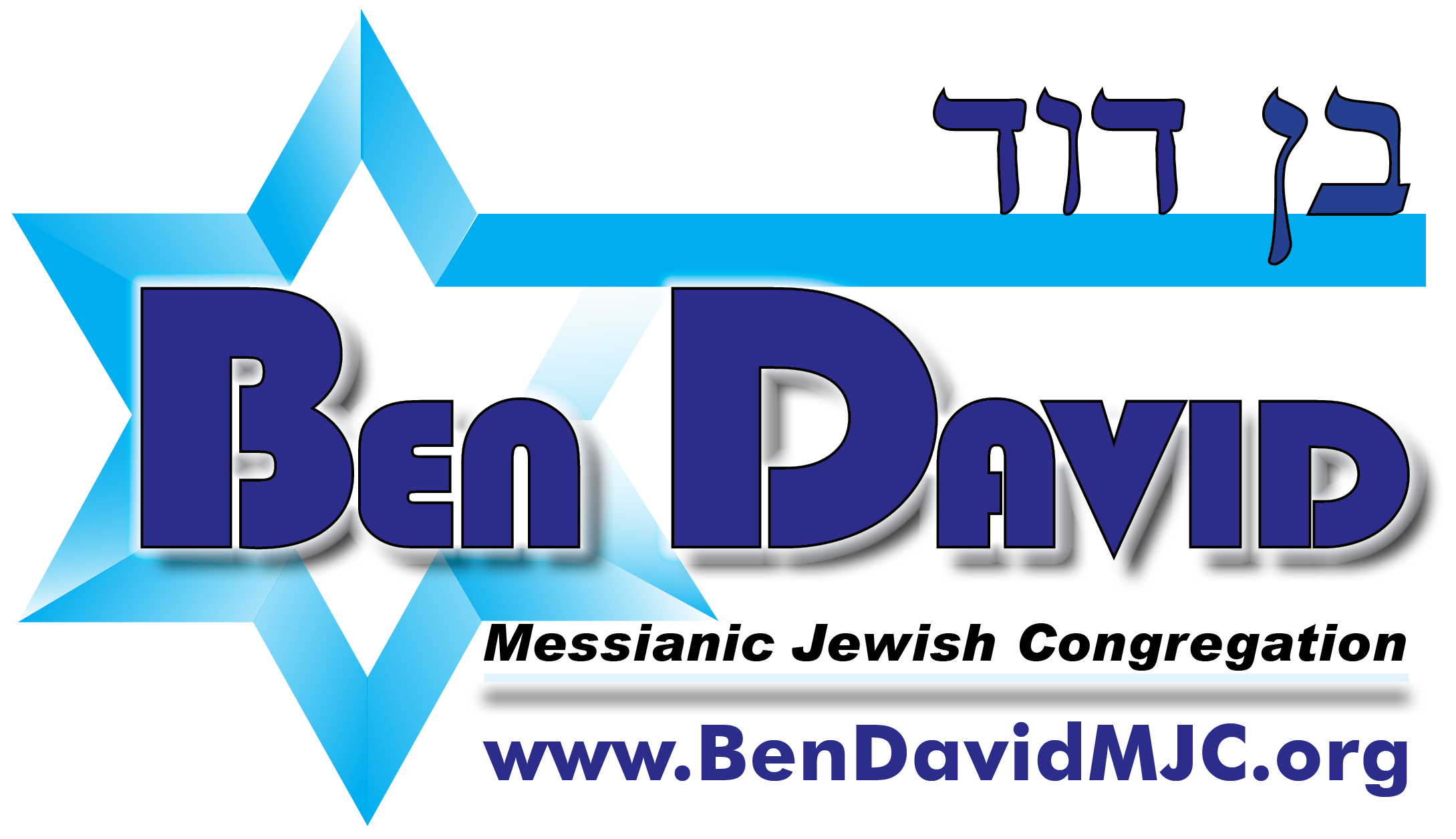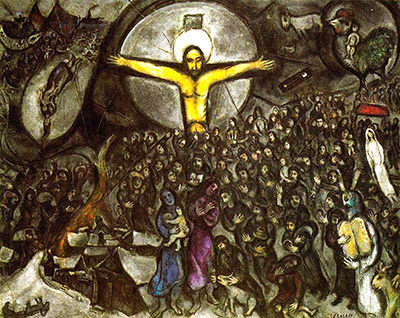Torah: VaYikra (Leviticus) 1:1 – 5:26; Haftarah Shabbat Zahor: 1 Samuel 15:1-34
Shabbat Zahor
On the Shabbat before Purim, Jews throughout the world will turn their attention to two special readings, the Maftir from Deuteronomy and the Haftarah from Samuel, describing how the ancient nation of Amalek attacked our ancestors in the desert. These readings come before Purim because Haman was the descendent of Agag, King of Amalek.
“Remember what Amalek did to you by the way, when you came out of Mitzraim, Egypt. How he met you by the way, and struck at your rear, all who were feeble behind you, when you were faint and weary; and he did not fear God. Therefore, it shall be, when the LORD your God has given you rest from all your enemies around, in the land which the LORD your God gives you for an inheritance to possess, that you shall blot out the remembrance of Amalek from under heaven; you shall not forget it.” Devarim (Deuteronomy) 25:17-19
Not only was the attack unprovoked, but it came at a time when the people were faint and weary. Shabbat Zachor - the Sabbath of Remembrance - is so named because we are commanded to remember the heinous deeds committed by Amalek.
Our memories as victims of violence and persecution are a two-edged sword, though. We sometimes find that many of our people have accumulated emotions of hate and vengeance against whoever belongs to a nation or group which has hurt us. We sometimes hear expressions of anger, following murderous attacks. Feelings of rage and the desire for revenge are natural and understandable in moments of crisis, and one cannot be judged in his or her moment of anguish.
But it seems that this mitzvah has a different meaning, because the Torah does not “command” us to feel that which is naturally felt. The Torah does not enjoin us to love our children, for example, we do that naturally.
On the other hand, it does charge us to “love the stranger.” With this commandment to remember the deeds of Amalek, Torah seems to command us to make every effort not to be contaminated by the actions like those of Amalek. Our response to violence must be swift and just, nothing more and nothing less, but tempered by mercy so that we do not stain our souls and minds with violence.
Our God asked us to “love our neighbor as ourself.”
“You shall not take vengeance, nor bear any grudge against the children of your people; but you shall love your neighbor as yourself. I am the LORD.” Vayikra (Leviticus) 19:18
But Yeshua raised the standards of the commandments previously taught in the Torah, including this one, by saying, “love your enemies.”
“But I tell you, love your enemies, bless those who curse you, do good to those who hate you, and pray for those who mistreat you and persecute you.” Matthew 5:44
Our minds, clouded by our sinful nature, cannot comprehend the full significance of these commandments, thus, at least, we have to remember not to be like Amalek and darken our souls by hate. Justice is enough.
"YESHUA — OUR KORBAN"
Parashah Vayikra starts a new book in the Torah. The oldest name known for this third book is “The Law of the Priests.” But since the service in the Mishkan was given to the tribe of Levi, it was named in the Greek Septuagint translation, “Leviticus.” In the Jewish tradition of naming a book by a word from the first phrase in the text, this book is known as “VaYikra,” “And Called.”
VaYikra deals with two fundamental concepts: 1) - the offerings to the LORD - symbolized by an animal sacrifice; and 2) - holiness - the purity of life, action, and thought – “You shall be holy for I, the LORD your God, am Holy” the high standard that our God calls us to be.
The offerings, or sacrifices, are divided into two categories, individual offerings and congregational offerings. The individual offerings are typologies as to be performed by every human being, individually. The congregational offerings are prototypes only for the nation of Israel to be performed collectively. These sacrifices were given as mere shadows, or types, of the penalty for sin required by a Holy God and spoke of the redemptive work which would be done by an individual being prophesied throughout the Scriptures and known as the Messiah. Throughout history many claimed to be that Messiah, but only one person's claims were validated, not only by the fulfillment of all of these prophecies, but also by His deeds. Indeed, Messiah Yeshua, the Son of God (Proverbs 30), came to offer Himself as a better sacrifice, a sacrifice that replaced all others sacrifices under the Mosaic covenant.
But why was it necessary for Messiah to give up His life for our atonement? The animal sacrifices were never meant to remove sin otherwise the people under the Mosaic covenant would have stop offering them. A more meaningful sacrifice, a superior sacrifice, was needed to pay for the penalty of sin required by the righteousness of God. It is impossible for a person tainted by sin, no matter how remorseful that person is, to come in the presence of a Holy God. Therefore, God, in His infinite love for us, sent His own Son to be that superior sacrifice so that everyone, Jews and Gentiles, would have same opportunity to receive God's forgiveness just by looking at the crucified Messiah, believe, and be covered by the holiness of His shed blood; just as the Israelites were looking at the fiery serpent raised in the wilderness by Moshe believing and were saved. Animal sacrifice was a progressive revelation for mankind to fully comprehend the ugliness of sin. Yeshua came and fulfilled the requirement of God expressed in the Torah through these many animal sacrifices, innocent blood must be shed to cover the sin committed.
A sacrifice, in the Mosaic context, can be of three types: a “burnt-offering” expressing the surrendering of oneself to God’s will; a “peace-offering” expressing one’s gratitude for God’s bounty and mercy; or a “sin-offering” expressing sorrow of sinning against God and the firm resolve to be reconciled with Him.
The Parashah begins with these words: “And the LORD called Moshe, and spoke to him from the Tent of Meeting, saying, ‘Speak to the people of Yisrael, and say to them, “When a man among you brings an offering to the LORD, you shall bring it from animals, from the cattle or from the flock shall you bring your offering.” VaYikra 1:1-2
From these opening words the sages left for us insightful teachings.
— “An offering” is the Hebrew word Korban. The meaning of the root of this Hebrew word is "coming near," because an offering is the means to bring ourselves closer to God and to elevate ourselves. Also, notice that the offering must be from animals, a live creature must lose its life, not anything else like the offering that Cain brought, of the fruit of the ground.
— “To the LORD,” are the Hebrew letters YHVH. Throughout the Torah, only this Four-Letter Name of God — the Name representing His Attribute of Mercy — is used in connection with offerings, never the Name Elohim, which represents His Attribute of Judgment. Ancient idolaters believed that animal-offerings were needed to appease the anger of a judgmental, bloodthirsty god. This is totally foreign to Jewish belief. The Torah teaches that offerings are a means to draw closer to the LORD — the Merciful God.
The verse begins by speaking of “an offering to the LORD,” but it concludes with “your offering,” omitting mention of the LORD. Homiletically, the verse teaches: if your offering to God comes from yourself — representing your sincere effort to draw closer to Him — then your offering has the exalted status of an offering to the LORD. But if you merely go through the motion of performing the physical acts of the service just as a religious act, then, unfortunately, it remains merely "your" offering.
Even though the animal offerings do not apply to us today the principle of bringing an offering to God — our prayers, our worship, our time, our finances — remains as a teaching in our walk with the Lord and in our quest for holiness. If we merely go through the motion of worshiping and praying to God, but do not put in them our most sincere feelings, feelings that come from deep inside our hearts, our worship and prayers merely hit the ceiling and do not rise to the status of an offering to God.
The Brit Chadashah gives us further insight into the subject of sacrifices, for we read in Hebrews 10:1-10: “For the Torah, since it has only a shadow of the good things to come and not the actual things, can never by the same yearly sacrifices, which they offer continually, make perfect those drawing near. Otherwise, would these not have stopped being offered, because the worshipers, having experienced purification even once, would no longer have had consciousness of sin? But by those sacrifices there is a remembrance and a reminder of sins year after year. For it is impossible for the bulls and goats to take away sins. Therefore, when He (Yeshua Messiah) comes into the world, He says, “Sacrifice and offering You did not desire but a body You prepared for Me; Burnt offering and sin offering You have not desired. Then I said, `Look, here I am, I have come—it is written about Me in the scroll.` I desire to do Your will, O God.” He takes away the first system in order to establish the second. And it is by this that we will have been set apart through the Korban (offering) of Yeshua HaMoshiach, once and for all."
Yeshua's sacrifice fulfilled and replaced all other sacrifices under the Mosaic covenant. Not only His sacrifice is all sufficient to forgive sin, but it is the only sacrifice that can remove the guilt of sin once and for all. With the advent of Messiah the Mosaic system of sacrifice was over, Yeshua's shed blood substituted that of bulls and goats. Therefore, God’s requirement for forgiveness of sin remains and His commandments stand. A sacrifice must be made for the forgiveness of sin, except that He provided a perfect sacrifice which cannot be repeated. The only thing that remains for us to do is to believe and come to Him with a sincere confession of sins and a repentant heart.
Shabbat Shalom.



